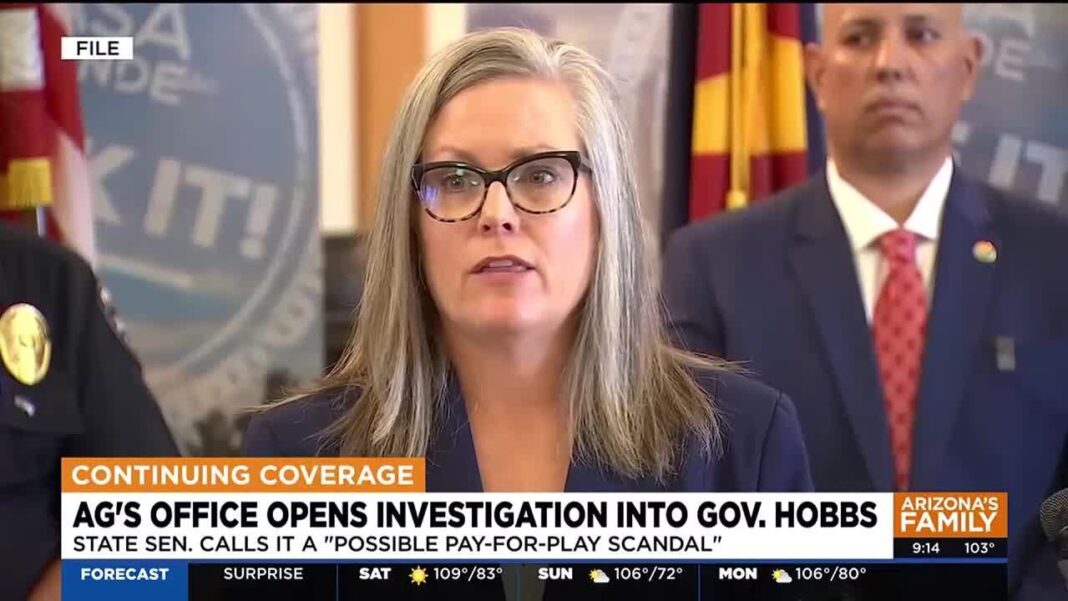The Biden administration has released a congressionally required report on the jobs impact of the president’s decision to cancel the Keystone XL Pipeline, which reveals a failed opportunity to create tens of thousands of jobs.
The report (pdf) was published without fanfare in late December by the Department of Energy (DOE) after being mandated to do so by provisions in the Infrastructure Investment and Jobs Act, which required the agency to evaluate how many jobs would have been created absent Biden’s decision to axe the pipeline.
Biden signed an executive order on his first day in office that halted the Keystone XL project, saying the pipeline “disserves the U.S. national interest” as its construction and operation would be inconsistent with his administration’s larger agenda to tackle a “climate crisis.”
The report concludes that, had Biden not cancelled Keystone XL, the project would have created around 50 permanent jobs once the pipeline became operational and between 16,149 and 59,469 temporary jobs each year over a two-year period of construction.
The DOE said, however, that it believes the upper bound of 59,469 overstates the job creation potential of the project as this number includes jobs in Canada and sections of the Keystone pipeline that were outside the XL segment.
The report cites the final Supplemental Environmental Impact Statement from 2014 that estimated the Keystone XL pipeline project would support a total of 42,100 jobs (direct and indirect) and create roughly 3,900 direct construction jobs in Montana, South Dakota, Nebraska, and Kansas over what was expected to be two years of construction.
Estimates of the economic benefits of the project in terms of impact on gross domestic product (GDP) ranged from $9.61 billion to $3.12 billion.
Business sales estimates ranged from $20.93 billion to $6.01 billion.
The DOE noted in the report that the economic impacts varied “significantly among the studies and are not directly comparable due to large differences in modeling assumptions.”
The effect on consumer prices of Biden’s decision to revoke the permit was “inconclusive” because of fluctuations in crude oil prices since the project was proposed.
By Tom Ozimek







